
Fuel injector cleaning is critical to proper engine function and efficiency. At Auto1 we recommend that this "injector service" be done every 60 000km - you will be surprised by the before-and-after difference!
Your car doesn't just run on petrol/diesel - it also needs electricity to run! The alternator provides power to the spark plugs that ignite the fuel in your engine. Without electricity your car wouldn't start.
When an engine is running, the alternator recharges the battery and supplies additional electric power to the vehicle's electrical systems. When it starts failing, it can create a domino effect of electrical problems and failures.
A faulty alternator will kill your battery - even if the battery wasn't the problem to start with. We are tempted to replace the battery without checking for the underlying cause - in no time at all the new battery will be dead as well. (We will no doubt again blame the battery).
But not at Auto1! We understand the electrical system of your car. We will diagnose the problem and have you safely on the road again in no time at all! We carry a large range of quality replacement alternators (and batteries) and take pride in our ability to treat the cause, not the symtom
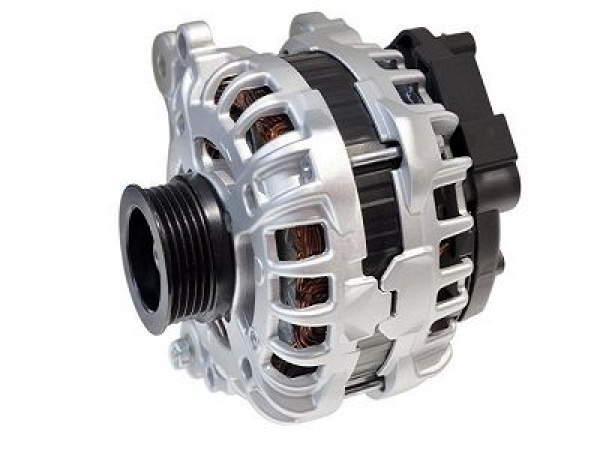
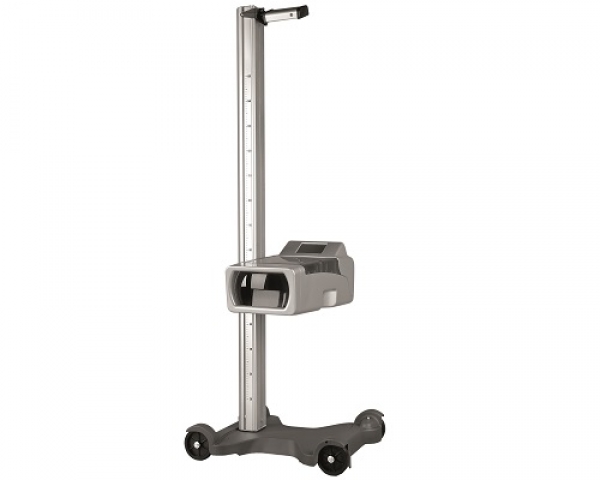
Auto1 tests and diagnoses any lighting problem you may be having - the cause of which could be anything from the alternator, battery, damaged wiring or a fuse... or just a bulb that needs replacing.
Our range includes LED bulbs & upgrade kits, Halogen, Xenon or stock standard -our Auto1 original equipment quality bulb range will light up your life! (Lumens galore!)
We can test the orientation and intensity of your vehicle headlights and add up to 300%* more light on the road! If you're looking for a suitable replacement or upgrade speak to Auto1
Clear white, cool blue & distance options available.
Auto1 has a range of loan batteries on-site to keep you mobile while we recharge and test your battery. Very often the problem could be related to other components such as the alternator, and without proper investigation your problem could continue, possibly leaving you stranded next to the road.
Fitting the correct battery is vitally important - not only does the battery serve to start up the engine, but it also provides filtered and stabilised power to the electrical and electronic systems. Many variables are taken into consideration by the car builders as to the exact size battery required. If the wrong battery has been fitted, the guaranty will not be honored in the event of a claim.
For these reasons, when it comes to batteries, Auto1 will never compromise! We insist on fitting premium quality batteries such as Ktek, Dixon & Willard - all carry a full 24-month guarantee. At the same time we check visible connections, cables and terminals.
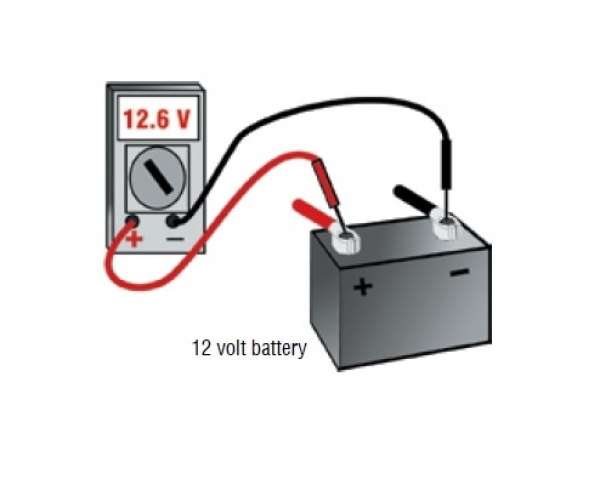
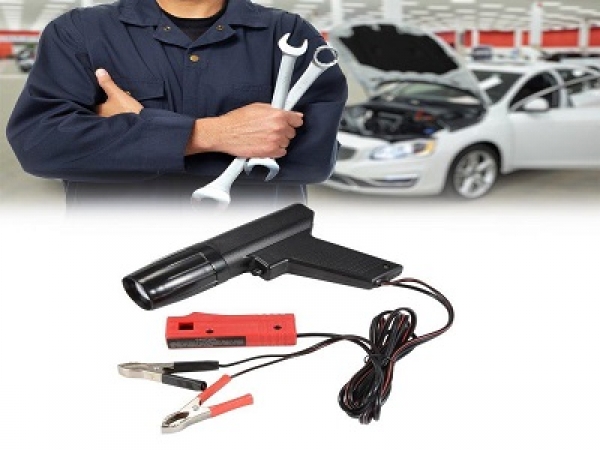
Modern cars that are controlled by electronic ignitions don't need to have their timing adjusted, but old-style 4-stroke beauties require a periodic timing adjustment.
Auto1 still makes use of their timing light, with the car revving upwards of 3500RPM, exhaust fumes clouding up the workshop, done in a jiffy!
The suspension system of your vehicle is not only very complex, but also very important. It has to withstand much more stress than any other major component, absorbing bumps and bends, and still hold the road and steer safely.
Body roll, bottoming out, excessive bounce, all are symtoms of a suspension problem.
Auto1 is equipped with a computerised suspension tester that will immediately indicate if your shock absorbers are no longer performing as required. This, coupled with our 48 point safety check will cover the entire suspension and ensure your safety on the road.
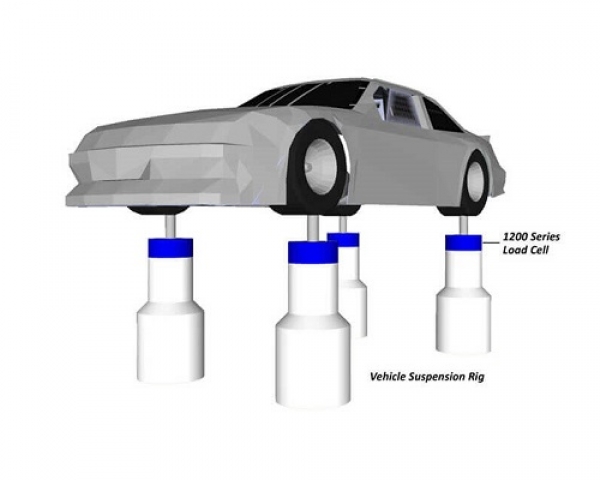

Your brakes won't work without brake fluid. Its a hydraulic system. You push on the brake pedal - this pushes the brake fluid down to the brakes, pushing the brake pads onto the discs, and the car stops. No fluid, no pressure.
Brake fluid, over time, goes bad. It absorbs moisture from the air, and this causes gunk to build up. Also, water has a much lower boiling point than brake fluid. If you are braking really hard, the water could boil in the lines creating bubbles, and you will "lose" your brakes. The pedal will drop to the floor, and your car won't stop.
At Auto1 we recommend that brake fluid should be changed within every 2 years, or at least have it tested regularly. Use the brake fluid recommended in your car's Users Manual. Have the old fluid flushed out and refil with new fluid. It's a cheap repair.